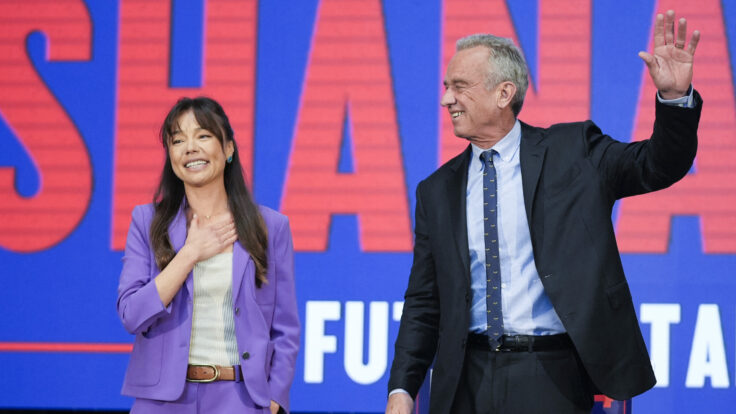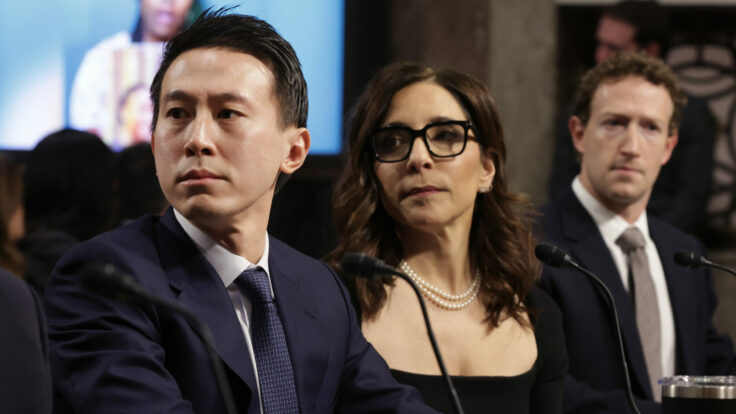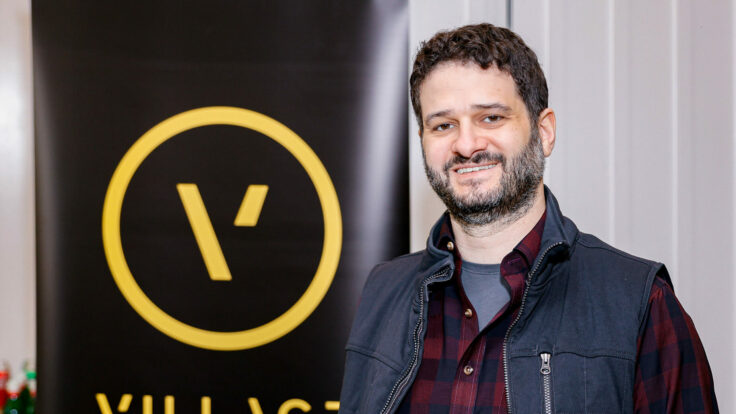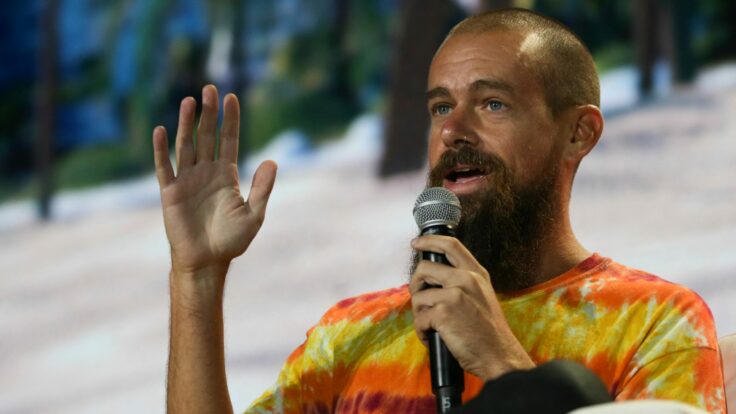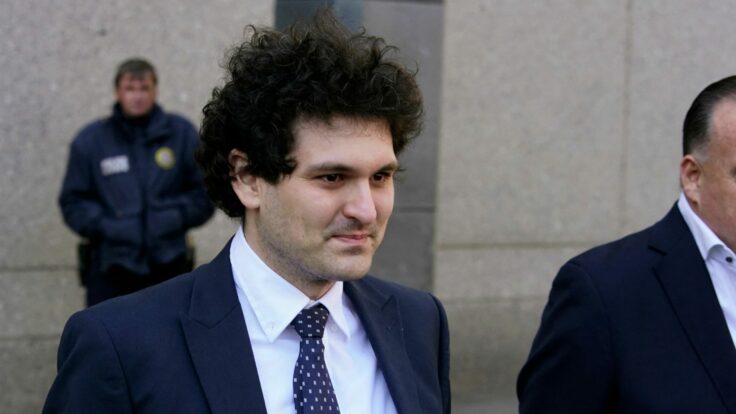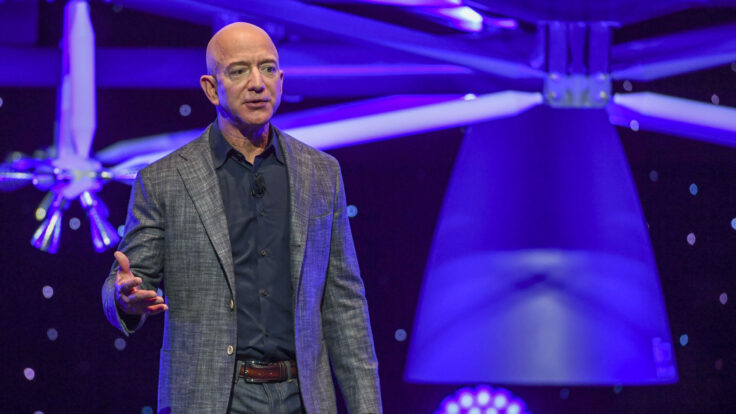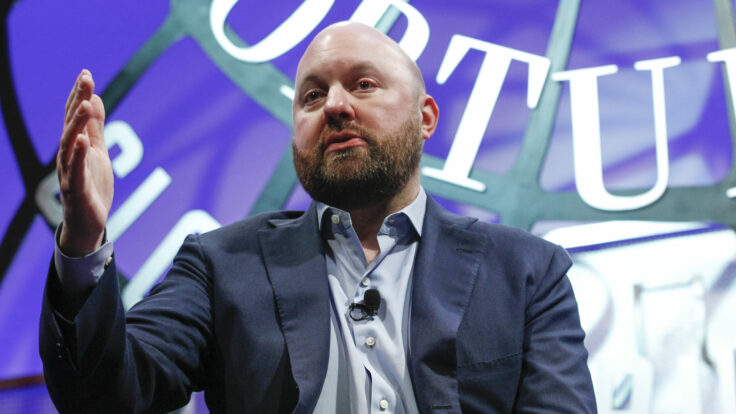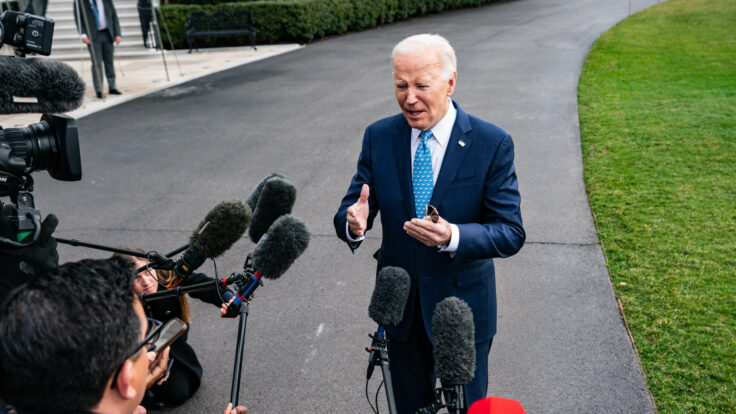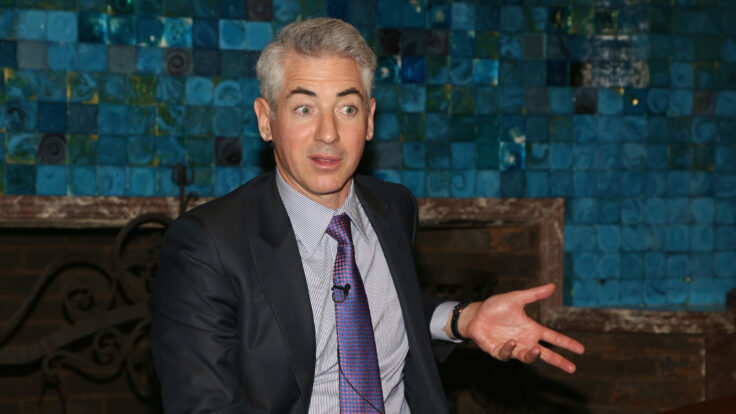Earlier this month, I described the early political jockeying to succeed Rep. Nancy Pelosi, who is widely expected to step down sometime next year if Republicans retake the House. Inside her hometown of San Francisco, the race is viewed as essentially a two-person contest between moderate Scott Weiner, the city’s state senator, and more-progressive Christine Pelosi, a longtime Democratic organizer and middle daughter of the city’s royal family.
More recently, however, another dynastic name has come up in those conversations, and it is one that deeply intrigues me for symbolic reasons: Reed Jobs, the eldest son of Laurene Powell Jobs and, of course, the late Steve Jobs. Reed manages the health investments of Emerson Collective, his family’s hybrid family office, philanthropy and political advocacy shop, and is passionate above all else about efforts to cure cancer, which claimed the life of his father a decade ago. He is also very involved with his family’s nascent climate foundation. But the 30-year-old Jobs also loves politics, and he has long told people that he is definitely interested in running for something down the line, according to people who have talked with him. Sometimes, he has brought up Pelosi’s congressional seat, in particular. One person who has talked politics with him said Reed, as late as early last year, told them that he would strongly consider running for the seat after Pelosi retired.









